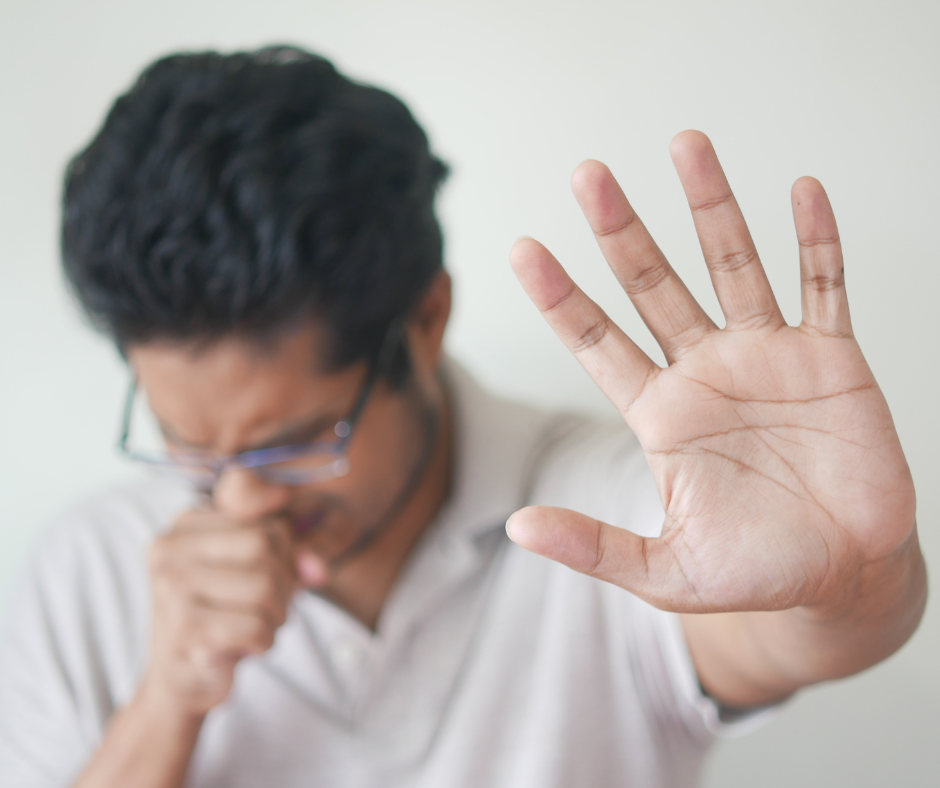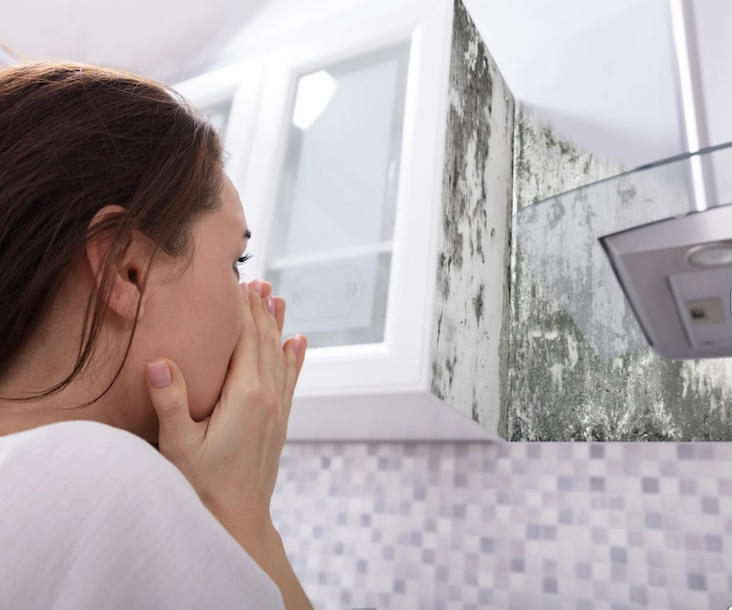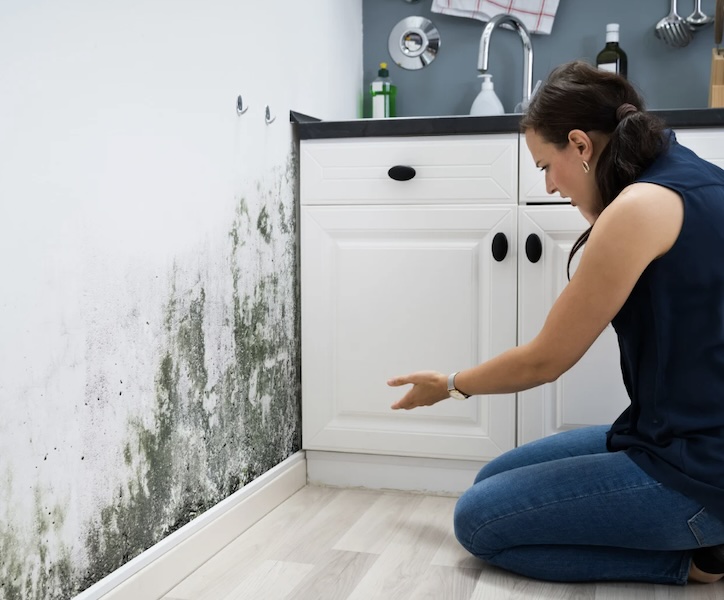Florida’s warm, humid climate may be perfect for beach days and lush landscapes, but it also creates the ideal environment for a much less welcome guest: mold. While mold might not always be visible, it can be growing quietly behind walls, under floors, or in air ducts — mold exposure could be making your family sick before you even realize it.

The Hidden Connection Between Mold and Humidity
Mold spores are naturally present in the air, but they need moisture to grow and spread. High humidity levels — anything above 60% — create the perfect breeding ground for mold. Bathrooms, kitchens, and HVAC systems are especially vulnerable, but mold can thrive anywhere with poor ventilation and lingering moisture.
Even a small leak, damp towel, or condensation around a window can be enough to trigger mold growth that worsens over time.
The Silent Symptoms: How Mold Affects Health
Mold exposure doesn’t always cause immediate symptoms, which is why many families live with it for months — or even years — without realizing it’s the root of their health problems. Here are some of the sneaky ways mold can make you sick:
- Chronic coughing or sneezing
- Itchy eyes, skin, or throat
- Nasal congestion or runny nose
- Worsening asthma or allergy symptoms
- Frequent headaches or fatigue
- Skin rashes or irritation
- Increased respiratory infections
For children, seniors, or those with compromised immune systems, the effects can be even more severe. Long-term exposure to certain types of mold, like Stachybotrys chartarum (also known as “black mold”), can lead to serious respiratory issues and even neurological symptoms in extreme cases.
How to Protect Your Family
The best way to prevent mold from impacting your family’s health is by keeping humidity levels in check and scheduling regular home inspections — especially if you live in a high-moisture area like Florida.
Here are a few preventative tips:
- Use dehumidifiers in high-moisture areas
- Run bathroom fans during and after showers
- Fix leaks immediately
- Ensure your home has proper ventilation
- Schedule professional mold inspections if you suspect a problem
When to Call a Professional
If you’ve noticed musty odors, recurring allergy symptoms, or visible signs of mold, it’s time to bring in a professional mold inspector. They can help identify hidden growth, measure humidity levels, and provide clear recommendations to keep your home safe and healthy.
Don’t wait for mold to make your family sick. Catch it early — and breathe easier knowing your home is protected.



